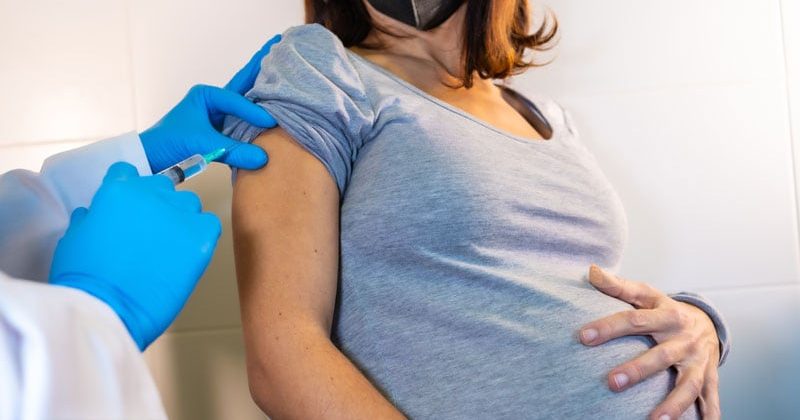The number of premature births in California jumped during the first year of the COVID-19 pandemic and came back down after vaccinations became widely available, new evidence reveals.
For example, researchers found that during that year, there was a 29% increase in deliveries before 37 weeks of gestation. In absolute percentages, rates increased from 7.3% to 8.7%. When they accounted for maternal social, demographic, and other factors, there remained a 15% increase in the likelihood of preterm births, from 7.3% to 8.4%.
This increased rate that was associated with the pandemic in 2020 disappeared completely by 2022. But not all areas of the state returned to baseline quickly.
“One finding that was surprising is the sharp decline in the impact of maternal COVID-19 infection on preterm birth in areas with high vaccination rates compared to areas with low vaccination rates,” said lead investigator Florencia Torche, PhD, professor of sociology at Stanford University in California.
“This sharp decline supports the claim that it was vaccination ― rather than alternative health-protecting behaviors among pregnant people — that accounts for the reduction in preterm risk,” Torche said.
Rates of premature births did not differ significantly until May 2021, the point that vaccines became more widely available. However, in comparing babies born to women who tested positive at birth from July 2020 to February 2023 to siblings not exposed to COVID, they found “marked differences.”
COVID vaccination helped avoid thousands of preterm births and related complications, the authors note. It was also cost saving. Research shows that each preterm birth was estimated to cost more than $80,000, they added.
“A critical implication of this study is that vaccination provides an effective protective mechanism for the health of the newborn, substantially reducing the risk of preterm and other adverse infant health outcomes,” Torche said.
The observations are “not necessarily surprising, given that some studies had proposed that COVID was associated with preterm birth, while others, carried out in the late period when the majority of women were vaccinated, no longer found this association,” said Emmanuel Bujold, MD, full professor of maternal and fetal medicine in the Faculty of Medicine, Laval University, Quebec, Canada, who was not affiliated with the study. “But these were only indirect scientific evidence, whereas the study proposed today represents direct evidence of the benefit of vaccination.”
Bujold said this scientific approach confirms the hypotheses from some smaller studies and helps to reassure pregnant women about vaccination. “Personally, I feel that these data, combined with previous studies on the safety of vaccination, are sufficient to recommend vaccination against COVID-19 to pregnant women.”
Torche cautioned that even though the news from this study is positive, there is no guarantee that preterm birth rates related to the pandemic will remain at baseline. “The consequences of COVID-19 infection might increase in the future as viral variants change and immunity conferred by vaccination or prior infection wanes.”
Moving forward, Torche and her colleague Jenna Nobles, PhD, hope to drill down deeper into the data beyond preterm rates based on ZIP code to evaluate the effects of COVID vaccination for individual pregnant women.
The research was supported by grants from the National Science Foundation and the Eunice Kennedy Shriver National Institute of Child Health and Human Development. Torche and Bujold report no relevant financial relationships.
Damian McNamara is a staff journalist based in Miami. He covers a wide range of medical specialties, including infectious diseases, gastroenterology and critical care. Follow Damian on Twitter: @MedReporter.
Source: Read Full Article
